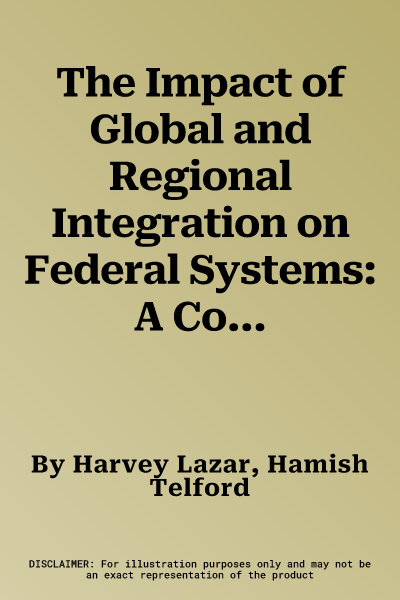Global and regional integration present special challenges to federal
political systems around the world. The division of powers inherent in
federal political systems complicates the impact of external pressures
on the nation-state and confuses the possible responses to these
pressures. In The Implications of Global and Regional Integration for
the Future of Federal Political Systems each chapter analyzes the
respective federation may look under a variety of future international
scenarios. The broad conclusion of the study is that the specific impact
of regional and global integration on each federation depends on the
situational context and institutional structure of the federation. The
study also concludes that global and regional integration has more
impact on federal processes than institutional change. This reflects the
fact that actors within institutions can respond to external pressures
without necessarily reforming the institutions. The case studies
consequently provide important lessons for students of comparative
politics. The study makes clear that globalization is a multifaceted
phenomenon, and it illustrates the wide range of institutional
variations among federations. Policy makers in federal political systems
will also appreciate the varied lessons to be learned from the
differential impact of global and regional integration on federations
around the world. The contributors to this volume are amongst the
leading scholars of federalism in their respective countries.
Contributors include Harvey Lazar, Hamish Telford, Richard Simeon
(University of Toronto), John Kincaid (Lafayette College), Brian
Galligan (University of Melbourne), Rudolf Hrbek (University of
Tübingen), Liesbet Hooghe (University of North Carolina), Jürg Steiner
(University of Bern and University of North Carolina), Nico Steytler
(University of the Western Cape), and M. P. Singh (University of Delhi).

